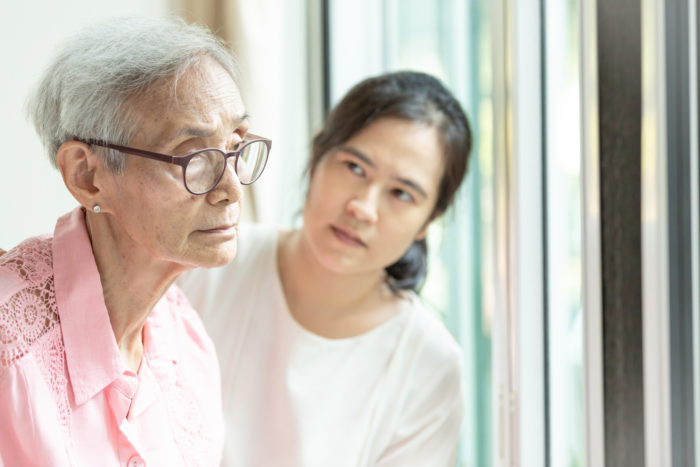COVID-19 Anxiety Burdens Rare Disease Community
May 27, 2020
Most Americans have experienced some level of anxiety about the COVID-19 pandemic. Recent survey results show that anxiety is magnified for people living with a rare disease.

The National Organization for Rare Disorders, NORD, polled nearly 800 people who have a rare disease or care for someone who does. Rare diseases can include genetic conditions; disorders that keep the immune system weak; and neurological, blood, metabolic, movement, eye or skin disorders. According to the survey, COVID-19 has impacted 95% of respondents’ “immediate and long-term health and well-being.”
Key Findings
- Extreme Worry. Nearly all respondents, 98%, are worried about COVID-19, with 67% being “extremely worried.”
Rare disease patients’ susceptibility to the novel virus is just one reason for the widespread concern. Research shows that having certain conditions can also increase the risk of complications from COVID-19. Many people with rare diseases may also have compromised immune systems, either because of their condition itself or because of its treatment.
- Cancelled Appointments. Three quarters of respondents have had a medical appointment cancelled due to the coronavirus pandemic. And four in 10 have had trouble accessing medical care or getting treatment. “My infusions are given in a hospital and have been suspended,” shared one patient. “With doctor’s input, we have decided to stop maintenance chemo,” said another.
For the rare disease community, inability to access health care is significant. Some rare diseases take months or years to correctly diagnose. Getting an appointment with a specialist can be an equally lengthy process, so cancelled appointments are more than a minor setback. Meanwhile, postponed or canceled treatments allow the disease to progress and symptoms to worsen.
- Unemployment and Loss of Health Insurance. One in three respondents lost his or her job due to the COVID-19 crisis; 11% lost their health insurance too.
Few rare diseases have an FDA-approved treatment, but those treatments that do exist can be prohibitively expensive without insurance coverage. The survey found 10% of people can no longer afford their medication because of lost income. That percentage is likely to increase with rising unemployment.
Health care providers have advised people with underlying health conditions, including those with rare diseases, to be extra vigilant about protecting themselves from contracting the virus. The same advice applies to their caretakers. Extra handwashing, disinfecting commonly touched surfaces and wearing a mask are all recommended safety measures.
Learning about what support may be available can also help ease concerns. In some cases, patient assistance programs can help cover the cost of medications for those who can no longer afford them.
To learn more about the survey results, read NORD’s COVID-19 Community Survey Report.
Tags: Rare DiseaseCategorized in: Blog

